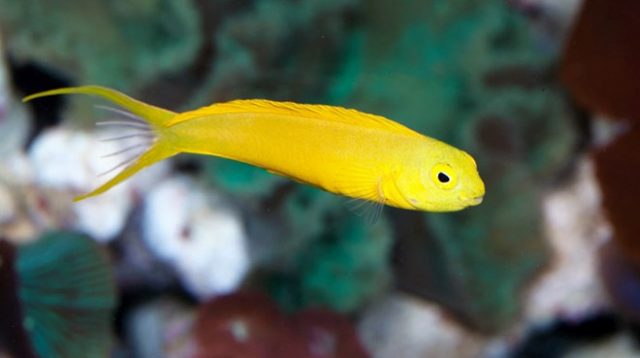
Spider venom may offer hope to stroke victims: scientists
The venom of these fearless 1.5-three inch (four-seven centimeter) swimmers -- which are popular tropical aquarium fish -- numbs would-be predators, rather than causing them pain, said the report in the journal Current Biology.
"The fish injects other fish with opioid peptides that act like heroin or morphine, inhibiting pain rather than causing it," said Bryan Fry, an associate professor at the University of Queensland.
"The venom causes the bitten fish to become slower in movement and dizzy by acting on their opioid receptors."
Experiments using lab mice found the rodents showed no sign of pain once injected with the fish venom.
Fry said the venom is "chemically unique," and called the fang blennies "the most interesting fish I've ever studied."
Scientists claim our nose shapes were influenced by climate
Their behavior is also intriguing, he said, for the way they appear unafraid of predators and fight for territory with similar-sized fish.
Fry said the findings bolster the need to protect the Great Barrier Reef and other fragile ecosystems.
"If we lose the Great Barrier Reef, we will lose animals like the fang blenny and its unique venom that could be the source of the next blockbuster pain-killing drug," he said.



1731655243-0/BeFunky-collage-(61)1731655243-0-165x106.webp)

1731658159-0/BeFunk_§_]_-(19)1731658159-0.jpg)
1731653601-0/Copy-of-Untitled-(43)1731653601-0-270x192.webp)


1731650013-0/Copy-of-Untitled-(41)1731650013-0-270x192.webp)







COMMENTS
Comments are moderated and generally will be posted if they are on-topic and not abusive.
For more information, please see our Comments FAQ